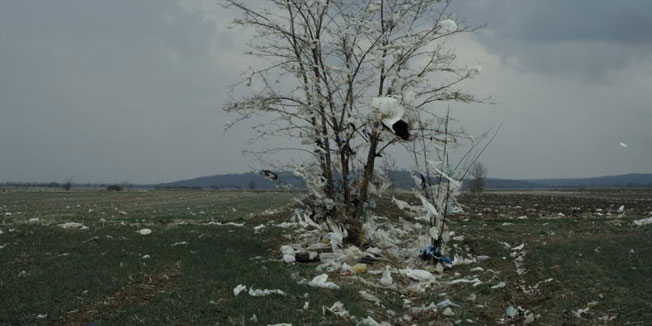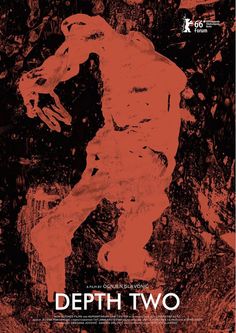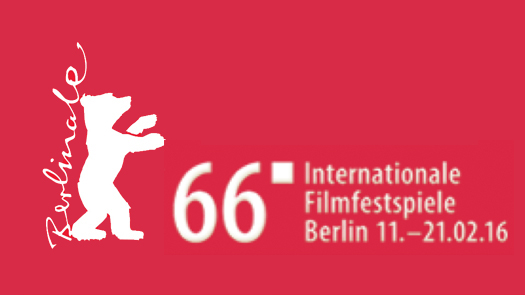Dubina Dva (Depth Two)

Dubina Dva (Depth Two) is an experimental non-fiction attempt to come to grips with the often dubious portrayal of real-life acts of war and violence in the medium of film. Director Ognjen Glanovic has been reported by Serbian journalist Vladan Petkovic to be the “first Serbian filmmaker to tackle the war crimes of his nation head-on”; however, Glanovic has, whether he realises it or not, exploited these acts of tragedy to promote his filmmaking abilities. Depth Two clearly aims to emulate the words of philosopher Theodor Adorno, who famously stated “There should be no poetry after Auschwitz,” as over its 80-minute length it eschews conventional narrative and even any human bodies or faces so as not to strike any false notions of pathos. Unfortunately, despite what were presumably noble intentions, Glanovic is desperately out of his depth and the result fails as decisively as Mickey Mouse’s antics with the broom in The Sorcerer’s Apprentice.
The reasons for this failure are fundamental. The film is made up of a series of testimonials from the participants in the real-life killings that the Serbian government tried to cover up, but at every turn these voiceovers are undermined by distracting compositions that seem to leech off of the seriousness and gravity of what is being spoken. Lyrical images of discarded trash, stark, rocky terrain, decaying wallpaper, haunted forests and more abound. The restrained, mostly affectless voiceovers are of course important and entirely worthy of attention. But would they not have been just as powerful on the written page? What then, was the intention behind using these testimonials as the backdrop for Glanovic and his cinematographer Tatjana Krstevski to test their visual imagination against? The director may have a painterly eye for his gloomy but perfectly balanced compositions, but surely in putting so much emphasis on showing off this talent he has only revealed that he lacks artistic judgement by vainly inserting himself into the stories of these real people.
The words of the interviewees by themselves by themselves have historical and journalistic import, and, similarly, many of the images on display would not look out of place in a photographic gallery. Together these elements completely neutralise each other, forming a redundant and misjudged exercise, which causes a steady stream of tedium and irritation. Where one should be experiencing complex emotions, the viewer instead has one by the end of the film: relief that this botched experiment is finally over.
Edward Till
Depth Two does not have a UK release date yet.
Read more of our reviews and interviews from the festival here.
For further information about the Berlin Film Festival 2016 visit here.



























Facebook
Twitter
Instagram
YouTube
RSS